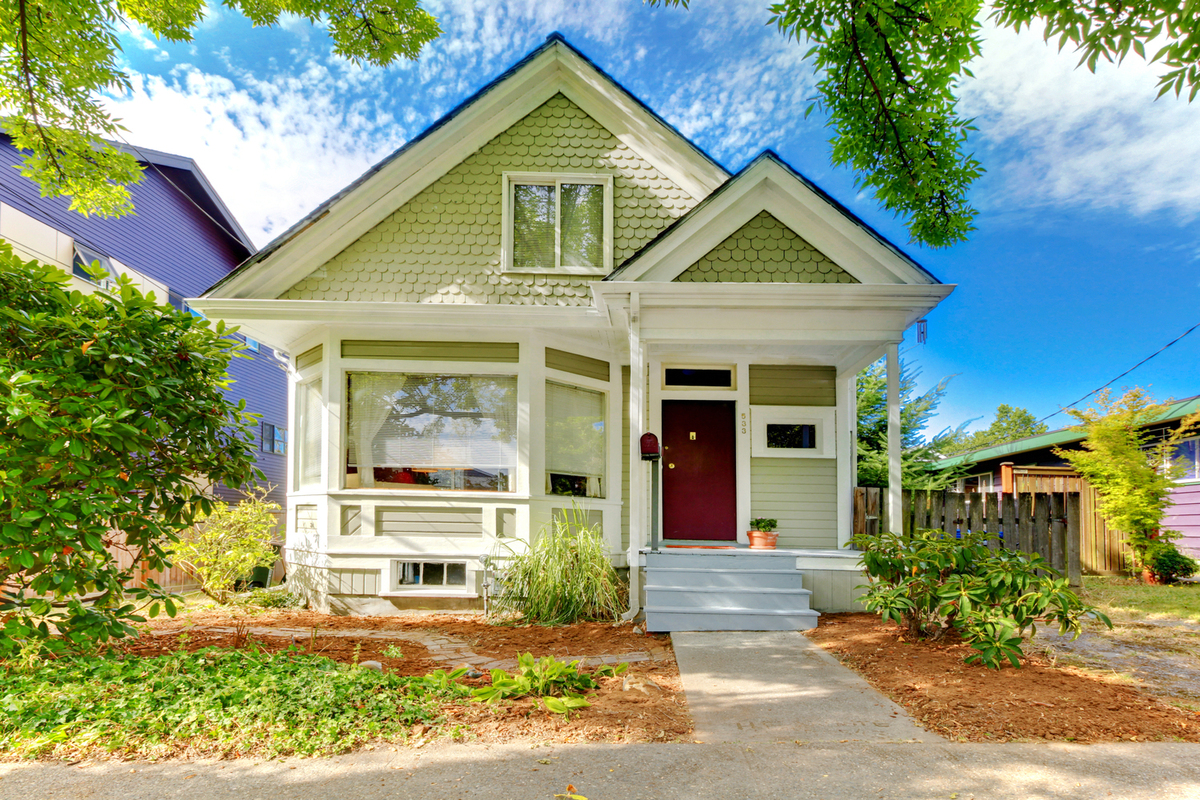Low Income Housing for Seniors and Disabled: A Comprehensive Guide

As the population ages and the number of individuals with disabilities increases, the demand for affordable housing solutions becomes more pressing. Low-income housing for seniors and disabled individuals is essential to ensure that these vulnerable groups have access to safe, comfortable, and supportive living environments. This article explores the various aspects of low-income housing, including available programs, eligibility criteria, and the benefits of such housing solutions.
Understanding Low-Income Housing for Seniors and Disabled Individuals
Low-income housing is designed to provide affordable living options for individuals who may not have the financial means to secure standard housing. For seniors and disabled individuals, this type of housing is particularly crucial as it often includes additional support services tailored to their unique needs.
Available Programs and Initiatives
Several government and non-profit programs aim to provide low-income housing for seniors and disabled individuals. Some of the most notable programs include:
-
Section 202 Supportive Housing for the Elderly Program : This federal program provides capital advances to private, non-profit sponsors to finance the development of housing for very low-income elderly individuals. It also offers rental assistance to ensure affordability.
-
Section 811 Supportive Housing for Persons with Disabilities Program : This initiative provides funding to develop and subsidize rental housing with supportive services for very low- and extremely low-income adults with disabilities.
-
Low-Income Housing Tax Credit (LIHTC) : This program incentivizes private developers to create affordable housing by offering tax credits. Many LIHTC properties are designed to accommodate seniors and disabled individuals.
-
Public Housing and Housing Choice Vouchers (Section 8) : Administered by local public housing agencies, these programs provide rental assistance to low-income families, seniors, and disabled individuals, allowing them to afford decent, safe, and sanitary housing in the private market.
Eligibility Criteria
Eligibility for low-income housing programs typically depends on several factors, including income level, age, and disability status. Generally, applicants must meet the following criteria:
- Income Limits : Applicants must fall within specific income limits, which are usually set at 50% or 30% of the area median income (AMI).
- Age Requirements : For senior housing programs, applicants must be 62 years of age or older.
- Disability Status : For programs targeting disabled individuals, applicants must provide documentation of their disability.
Benefits of Low-Income Housing for Seniors and Disabled Individuals
Low-income housing offers numerous benefits to seniors and disabled individuals, including:
-
Affordability : Reduced rental costs ensure that residents can allocate their limited financial resources to other essential needs, such as healthcare and daily living expenses.
-
Accessibility : Many low-income housing units are designed with accessibility features, such as ramps, wider doorways, and grab bars, to accommodate individuals with mobility challenges.
-
Supportive Services : These housing options often include access to supportive services, such as healthcare, transportation, and social activities, which can significantly enhance the quality of life for residents.
-
Community Environment : Living in a community with peers can reduce feelings of isolation and provide opportunities for social interaction and mutual support.
Challenges and Solutions
While low-income housing for seniors and disabled individuals offers many benefits, there are also challenges to consider:
-
Limited Availability : The demand for affordable housing often exceeds the supply, leading to long waiting lists and limited availability.
-
Funding Constraints : Securing adequate funding for the development and maintenance of low-income housing can be challenging.
-
Navigating the Application Process : The application process for housing programs can be complex and time-consuming, posing a barrier for some individuals.
To address these challenges, it is essential to advocate for increased funding and support for affordable housing programs. Additionally, providing resources and assistance to help applicants navigate the process can improve access to these vital housing options.
Low-income housing for seniors and disabled individuals is a critical component of ensuring that these vulnerable populations have access to safe, affordable, and supportive living environments. By understanding the available programs, eligibility criteria, and benefits, individuals and their families can make informed decisions about their housing options. Continued advocacy and support for affordable housing initiatives are essential to meet the growing demand and improve the quality of life for seniors and disabled individuals across the country.



